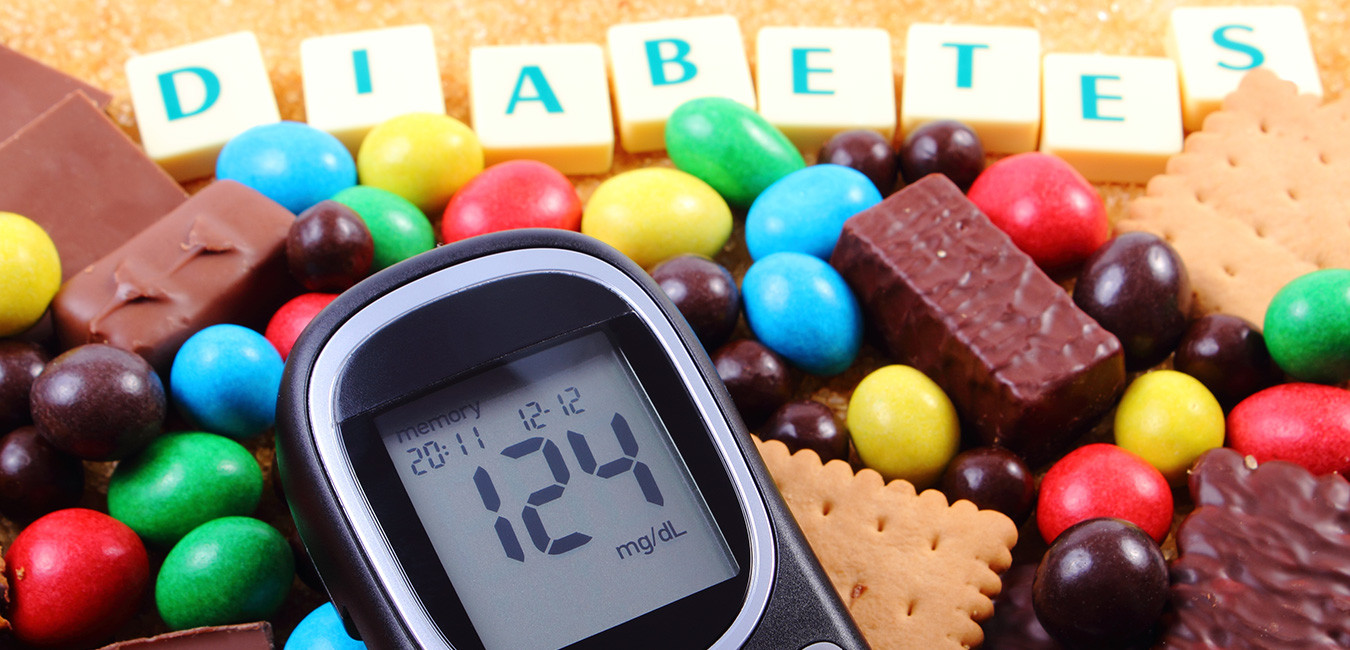It’s extremely common for people to be diagnosed with diabetes soon after they’ve suffered a heart attack, according to a new study presented at the American Heart Association’s (AHA) 2015 Scientific Sessions.
Patients often chalk this double whammy up to bad luck, believing that they were inexplicably hit with two unrelated conditions at once. In reality, having diabetes–particularly if it’s gone undiagnosed and untreated for years–greatly increases risk for heart disease because high blood sugar silently damages arteries.
In fact, some research has shown that a diabetic patient who has never had a heart attack has the same risk as a non-diabetic patient who has already suffered one.
The new study found that prompt diagnosis and treatment of diabetes after a heart attack can improve patients’ cardiovascular outcomes. Here’s a closer look at the latest findings about links between heart disease and diabetes–and recommendations about how to manage or avoid these disorders.
A High Rate of Undiagnosed Diabetes in Heart Attack Patients
The new study included nearly 6,000 patients who were treated for heart attacks between 2002 and 2013 by Intermountain Healthcare clinicians. Of these patients, 3,778 had no history of diabetes prior to being admitted to the hospital. When investigators from Intermountain Medical Center Heart Institute in Salt Lake City analyzed these patients’ blood sugar test results, 707 of them met criteria for a diabetes diagnosis.
But only 30 percent of these 707 patients had actually been clinically diagnosed with diabetes and were receiving treatment, either at the time of their hospitalization or soon after.
According to the researchers, when diabetes is promptly diagnosed and treated, heart attack patients have better cardiovascular outcomes. The newly diagnosed and treated diabetic patients had a lower risk for repeat heart attacks, stroke, hospitalizations for heart failure, and death compared to the diabetic patients who were undiagnosed and/or untreated.
Findings from studies presented at medical meetings are considered preliminary until the research is published in a peer-reviewed journal.
The Link Between High Blood Sugar and Cardiovascular Outcomes
High blood sugar, which often has no symptoms until serious complications occur, can be detected with the oral glucose tolerance test, the hemoglobin A1C test (HbA1c), and the fasting plasma glucose test.
A new study published in Diabetes highlights the link between high blood sugar spikes (medically known as “hyperglycemic excursions”) and increased rates of cardiovascular disease (CVD), the leading cause of death in American men and women. The study analyzed data from the Atherosclerosis Risk in Communities (ARIC) Study, a cohort of more than 15,000 people from four US communities.
The participants’ blood sugar levels were monitored with the GlycoMark® test, which enhances HbA1C testing by revealing hidden glucose peaks in diabetic patients. The test provides a 2-week measure related to the average daily maximum blood sugar by checking blood levels of 1,5-anhydroglucitol (1,5-AG), a glucose-like sugar found in food.
The study found that compared to people with normal results on the GlycoMark® test and no history of diabetes, diabetics with abnormal test results were 3.85 times more likely to develop heart disease, and 2.44 times more likely to die from it. Similar elevations in risk were also found for stroke and heart failure.
A Clear Way to Make a Difference for Heart Patients
“We’ve known for over a decade that patients with diabetes are at a much higher risk of suffering a heart attack than those who don’t have diabetes,” said Viet Le, PA-C, a researcher for the Intermountain Heart Institute at Intermountain Medical Center. “Unfortunately, with the worry of treating the heart attack, we haven’t directed our full attention to assessing the presence of diabetes in heart patients to make sure they receive treatment.”
“There’s a clear way we can easily make a huge difference for heart patients,” Le said. “Hospitals and physicians should implement a process to screen all patients who present with a heart attack for diabetes, and if the patient has diabetes, we should make sure they receive treatment. A simple blood test administered upon admission is all it takes.”
About 29 million Americans–9.3 percent of the population–have diabetes, and 8.1 million of them don’t know it, according to the Centers for Disease Control (CDC). Another 86 million Americans–more than one in three adults–have prediabetes, an earlier stage of the blood sugar disease, and 90 percent of these patients are undiagnosed.
The ADA recommends being screened for diabetes if you are overweight or obese and have at least one additional risk factor for the disease. These include a sedentary lifestyle, high blood pressure, high LDL (bad) cholesterol, a history of heart disease, or having a close relative with diabetes (such as a parent or sibling). Discuss your diabetes and heart disease risk factors, and the best ways to reduce or control them, with your medical provider.

